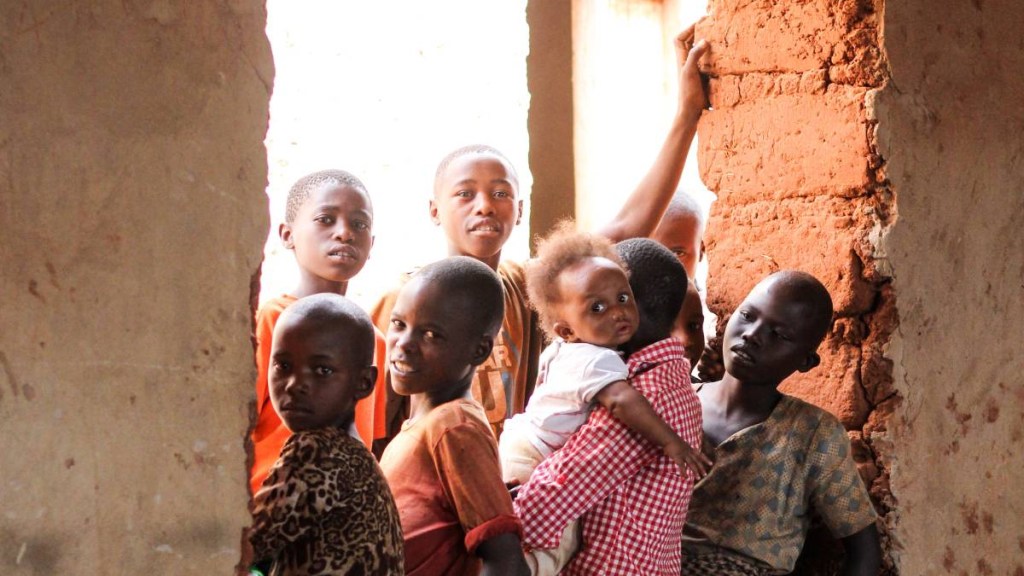Nigeria is reeling under the intense outbreak of an infectious disease which has claimed more than 600 lives, primarily children. The African nation confirmed the outbreak of diphtheria back in December 2022. The Nigerian Centre for Disease Control (NCDC) had issued an alert on December 1st, 2022 in two major states of Nigeria with the most population, Kano and Lagos. The only solution to fight contagious diphtheria is through vaccinations.
Kano state of Nigeria has recorded more than 500 deaths alone. Diphtheria, the disease that attacks the nose and throat of the human body and spreads by physical contact, coughing and sneezing without precautions, has been reported to be preventional if people report to hospitals on time.
The condition returned in June of this year. According to the NCDC, 798 confirmed cases had been identified by the end of the month in Kano, Lagos, Yobe, Katsina, Cross River, Kaduna, and Osun states, as well as in Abuja’s Federal Capital Territory (FCT). Around 70% of the cases were children of age between 2 to 14. The disease killed eighty people in June in which the majority of them were from Kano, 782 out of the total of 798.
Again in September, the condition worsened reporting 453 fatalities, and 11,587 suspected cases. At present, the outbreak has hit 19 of the 36 states of Nigeria.
Dr Faisal Shuaib, the head of the National Primary Health Care Development Agency has pointed out prevention measures such as vaccination, and contact tracing. Health officials are urging parents of children who are not fully or completely immunized to get them immunized, arguing that this is the most effective approach to stop the outbreak.
In a July statement by the NCDC Director General, Dr Ifedayo Adetifa it is reported that, “Despite the availability of a safe and cost-effective vaccine in the country, 654 (82%) of 798 confirmed diphtheria cases in this ongoing outbreak were unvaccinated. Unfortunately, this also includes this recently announced FCT case.”
According to the World Health Organisation (WHO) Only 57% of Nigerians have received the vaccine, which offers protection against five serious illnesses, including diphtheria. To stop future diphtheria outbreaks, Nigeria must increase vaccination rates such that at least 80% of the population is protected.







